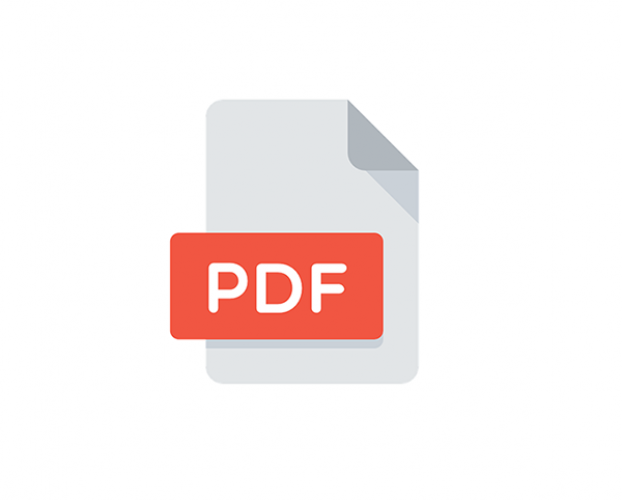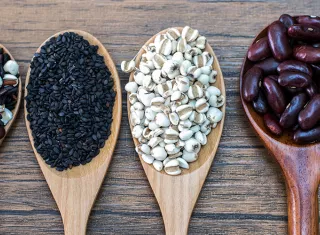Si sa consommation est quotidienne, les a priori sur le café sont encore nombreux. Cette infographie met fin aux idées reçues en démêlant le vrai du faux.
La composition du café
Le café est composé :
- De caféine : elle est connue pour ses effets stimulants. Elle permet de mieux se concentrer et d’être plus vigilant.
- D’antioxydants : dont les polyphénols, qui protègent les cellules contre le stress oxydant.
- D’eau : participant à l’hydratation.
Le café contient également du magnésium et des vitamines B2 et B3.
Quelle quantité de caféine dans un café ?
Parmi les nombreuses variétés de café, les deux plus connues sont : Robusta et Arabica. La variété Robusta contient 2 fois plus de caféine que la variété Arabica.
La quantité de caféine dépend du type de café :
- Café décaféiné : dans une tasse de 100ml de café décaféiné, on aura 2,4mg de caféine.
- Café expresso : dans une tasse de 90ml, 40mg de caféine.
- Café instantané : dans une tasse de 100ml, 52mg de caféine.
- Café filtre : dans une tasse de 100 ml, 68 mg de caféine.
Il est recommandé de ne pas consommer plus de 4 tasses de café / jour soit 400 mg de caféine / jour.
Le café et son impact sur la santé
Le café favorise-t-il la digestion ?
Le café stimule les sécrétions gastriques, biliaires et pancréatiques et permet de mieux digérer.
Le café protège-t-il de la maladie d’Alzheimer ?
Peut-être. Selon les études en cours, le café aurait un effet protecteur sur le risque de la maladie d’Alzheimer et protégerait plus longtemps le potentiel cognitif.
Le café peut-il favoriser l’apparition de cancers ?
Faux ! Sa consommation génèrerait une réduction du risque de développer certains cancers grâce aux antioxydants.

(1) Café et Médecine - sous la direction de Astrid Nehling INSERM, Strasbourg.
Éditions Expressions Santé.
(2) EFSA Panel on Dietetic Products, Nutrition and Allergies (NDA). Scientific
Opinion on the substantiation of health claims related to caffeine and increased
fat oxidation leading to a reduction in body fat mass (ID 735, 1484), increased
energy expenditure leading to a reduction in body weight (ID 1487), increased
alertness (ID 736, 1101, 1187, 1485, 1491, 2063, 2103) and increased attention (ID
736, 1485, 1491, 2375) pursuant to Article 13 (1) of Regulation (EC) No
1924/20061. EFSA Journal 2011:9:2054.
(3) Barel M., Jacquet M. La qualité du café : ses causes, son appréciation, son
amélioration. 1994.
(4) www.coffeeandhealth.org
(5) EFSA Panel on Dietetic Products, Nutrition and Allergies (NDA) -
Scientific Opinion on the safety of caffeine.
(6) ANSES - Dossier "Caféine et santé" disponible en ligne :
https://www.anses.fr/fr/content/caféine-et-santé
(7) Peck JD et al. A revi epidemiologic evidence concerning the reproductive health
effects of caffeine consumption: a 2000-2009 update. Food Chem Toxicol 2010;
48: 2549-76.
(8) Communiqué de presse nº 244 CIRC/OMS : Les Monographies du CIRC
évaluent la consommation de café, de maté et de boissons très chaudes.
(9) Barranco Quintana JL et al. Alzheimer's disease and coffee: a quantitative review.
Neurol Res 2007; 29: 91-5.
(10) Santos C et al. Caffeine intake and dementia: systematic review and
meta-analysis. J Alzheimers Dis 2010; 20 Suppl 1: S187-204.
(11) Boekema PJ et al. Coffee and gastrointestinal function: facts and fiction.
A review Scand J Gastroenterol 1999 ;99 : 35-9.
(12) e-rse.net - Dossier "Qu'est-ce qu'un café responsable ?":
https://e-rse.net/definition-cafe-responsable-nespresso-26866/.
Date de mise à jour : 10/10/2023

Si sa consommation est quotidienne, les à priori sur le café sont encore nombreux. Cette infographie met fin aux idées reçues en démêlant le vrai du faux.






